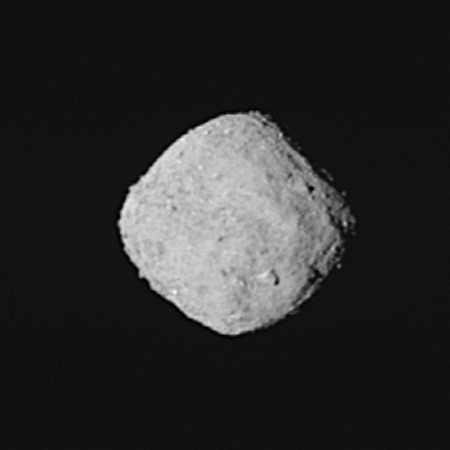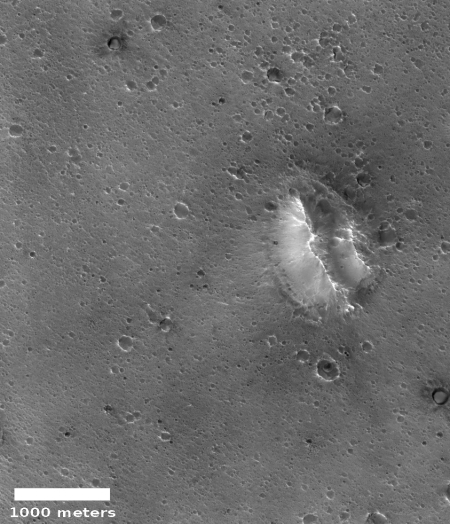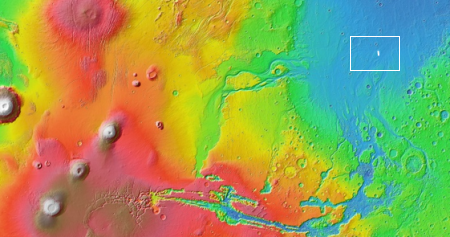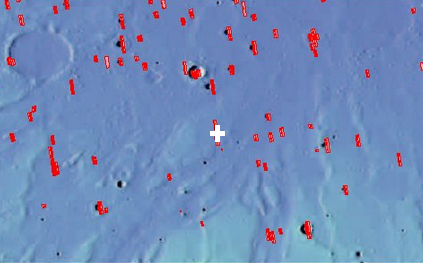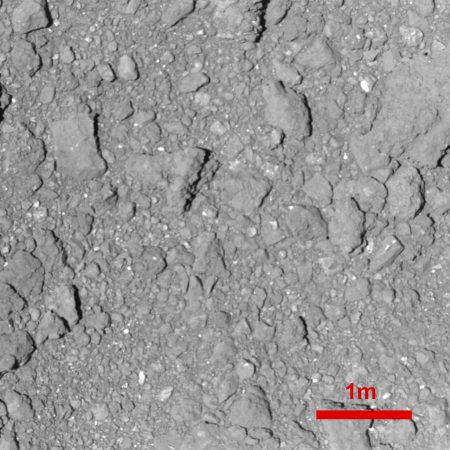Company focused on cleaning up space junk raises $50 million
Capitalism in space: Astroscale, a Japanese company with British ties, has raised $50 million in investment capital for developing a robot spacecraft for locating and removing space junk from orbit.
The company plans to use the funding to support several ongoing efforts, including the development of a technology demonstration satellite called ELSA-d. That spacecraft, scheduled for launch in early 2020 on a Soyuz rocket, will feature “target” and “chaser” satellites to demonstrate rendezvous and proximity operations. The target spacecraft is being built by British smallsat developer Surrey Satellite Technology Ltd. under a contract announced last November.
The funding will support scaling up an operations center Astroscale established in the United Kingdom in 2017 that also handles engineering, procurement and business development. Astroscale said it plans to establish an office in the United States in 2019.
The article notes also that much of this money comes from Japanese investors, including Mitsubishi, and reflects a growing interest in Japan in private commercial space.
Capitalism in space: Astroscale, a Japanese company with British ties, has raised $50 million in investment capital for developing a robot spacecraft for locating and removing space junk from orbit.
The company plans to use the funding to support several ongoing efforts, including the development of a technology demonstration satellite called ELSA-d. That spacecraft, scheduled for launch in early 2020 on a Soyuz rocket, will feature “target” and “chaser” satellites to demonstrate rendezvous and proximity operations. The target spacecraft is being built by British smallsat developer Surrey Satellite Technology Ltd. under a contract announced last November.
The funding will support scaling up an operations center Astroscale established in the United Kingdom in 2017 that also handles engineering, procurement and business development. Astroscale said it plans to establish an office in the United States in 2019.
The article notes also that much of this money comes from Japanese investors, including Mitsubishi, and reflects a growing interest in Japan in private commercial space.

